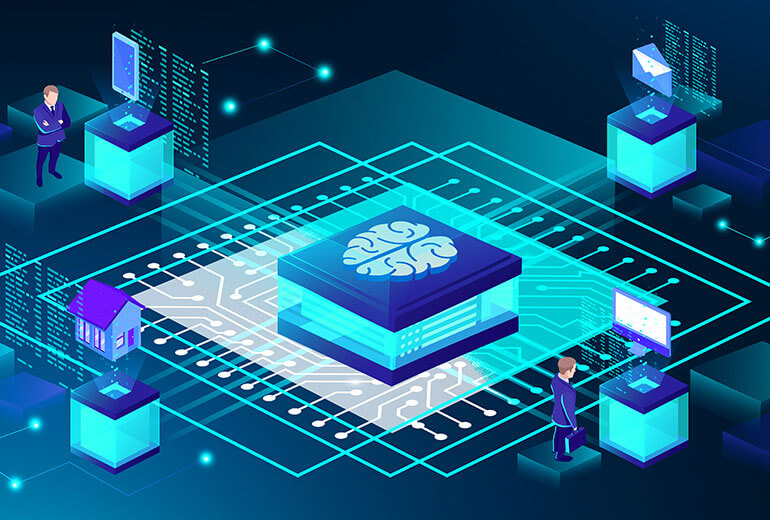Getting started with AI? Perhaps you’ve already got your feet wet in the world of Machine Learning, but still looking to expand your knowledge and cover the subjects you’ve heard of but didn’t quite have time to cover?
1. Investment banks can use AI in six critical ways
Natural Language Processing (NLP) is a common notion for a variety of Machine Learning methods that make it possible for the computer to understand and perform operations using human (i.e. natural) language as it is spoken or written.

The most important use cases of Natural Language Processing are:
Sentiment analysis aims to determine the attitude or emotional reaction of a person with respect to some topic – e.g. positive or negative attitude, anger, sarcasm. It is broadly used in customer satisfaction studies (e.g. analyzing product reviews).
2. Reinforcement learning
Reinforcement Learning differs in its approach from the approaches we’ve described earlier. In RL the algorithm plays a “game”, in which it aims to maximize the reward. The algorithm tries different approaches “moves” using trial-and-error and sees which one boost the most profit.
3. Dataset
All the data that is used for either building or testing the ML model is called a dataset. Basically, data scientists divide their datasets into three separate groups:
- Training data is used to train a model. It means that ML model sees that data and learns to detect patterns or determine which features are most important during prediction.
- Validation data is used for tuning model parameters and comparing different models in order to determine the best ones. The validation data should be different from the training data, and should not be used in the training phase. Otherwise, the model would overfit, and poorly generalize to the new (production) data.
- It may seem tedious, but there is always a third, final test set (also often called a hold-out). It is used once the final model is chosen to simulate the model’s behaviour on a completely unseen data, i.e. data points that weren’t used in building models or even in deciding which model to choose.
It’s not by any means exhaustive, but a good, light read prep before a meeting with an AI director or vendor – or a quick revisit before a job interview!
Aron Larsson
– CEO, Strategy Director
Lorem ipsum dolor sit amet, consectetur adipiscing elit, sed do eiusmod tempor incididunt ut labore et dolore magna aliqua. Ut enim ad minim veniam, quis nostrud exercitation ullamco laboris nisi ut aliquip ex ea commodo consequat. Duis aute irure dolor in reprehenderit in voluptate velit esse cillum dolore eu fugiat nulla pariatur.











